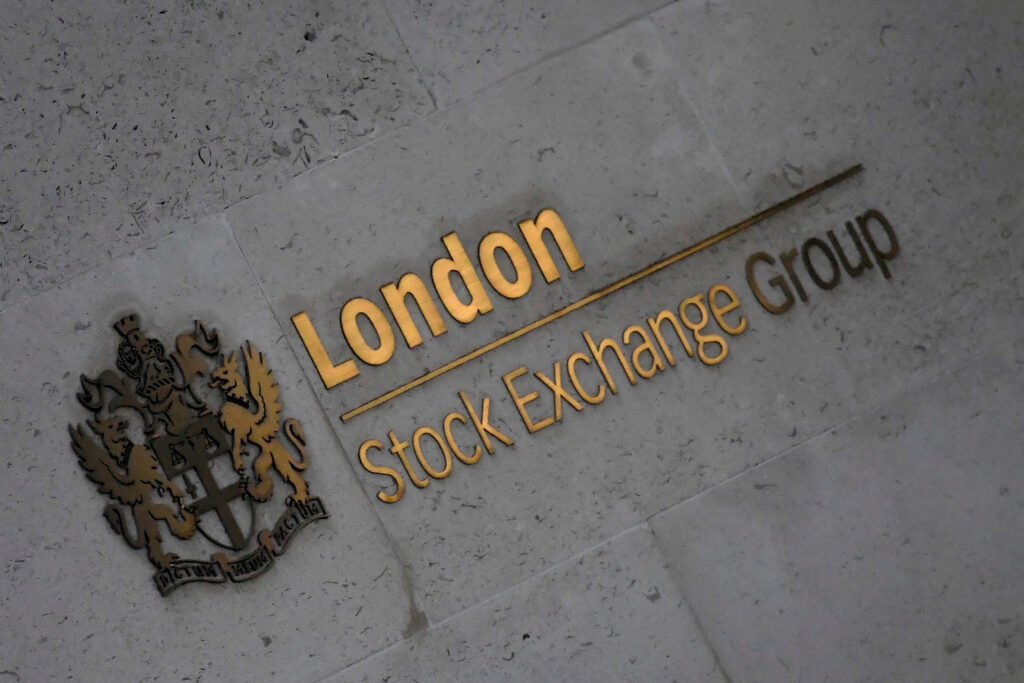
By Sinéad Carew
NEW YORK (Reuters) – Wall Street stock indexes closed lower on Tuesday, a day ahead of the Federal Reserve’s interest rate decision, while U.S. Treasury yields fell as investors worried the government could run out of cash after June 1 without a debt ceiling hike.
Bank stocks underperformed sharply after the weekend failure of U.S. regional bank First Republic Bank.
Energy shares tumbled as oil prices fell 5% to a five-week low on concerns about the economy as U.S. politicians argued about how to avoid a debt default and investors prepare for another interest rate hike this week.
The dollar index dipped after disappointing U.S. data a day before that the Fed is expected to hike rates by an additional 25 basis points and give guidance on whether it plans to raise rates further in June.
Read More: Wall St stocks, dollar gain with data; Fed, earnings in the wings
Top U.S. Senate Republicans on Tuesday called on President Joe Biden to accept their party’s debt-ceiling package or make a counter-offer, while a top Democrat said the Senate might try to advance a “clean” debt-ceiling hike next week. Late on Monday, the Treasury Department had said the U.S. could run out of the cash needed to pay its bills in the next month.
Meanwhile, regional U.S. banks posted massive declines, dragging the S&P 500 bank index down 3.2% after the failure over the weekend of First Republic and the agreed sale of its assets to JPMorgan Chase.

Trading on Tuesday reflected growing investor worries that more banks would start to show steep deposit outflows like the First Republic, the third major U.S. bank to collapse since March, said Michael James, managing director of equity trading at Wedbush Securities in Los Angeles.
“Couple that with the Fed’s rate decision tomorrow and you’ve elevated levels of anxiety in financials spilling over the market in general … the debt ceiling limit is part of an elevated anxiety,” James said.
The Dow Jones Industrial Average fell 367.17 points, or 1.08%, to 33,684.53, the S&P 500 lost 48.29 points, or 1.16%, to 4,119.58 and the Nasdaq Composite dropped 132.09 points, or 1.08%, to 12,080.51.
MSCI’s gauge of stocks across the globe shed 0.96%. Emerging market stocks lost 0.26%.
Michael O’Rourke, the chief market strategist at JonesTrading in Stamford, Connecticut, said “investors are recognizing that there are challenges in the near term,” citing headwinds including the Fed meeting, the looming debt ceiling and bank concerns as well as weak economic data.
Data showed U.S. job openings fell for a third straight month in March even as they remained at levels consistent with a tight labour market.
In currencies, the dollar index, which measures the greenback against a basket of major currencies, fell 0.245%, with the euro up 0.25% to $1.1002.
Read More: Wall Street ends sharply lower, Treasury yields slide as recession fears mount

The Japanese yen strengthened 0.73% versus the greenback at 136.50 per dollar, while sterling was last trading at $1.2471, down 0.20% on the day.
U.S. Treasury investors strengthened bets that the Federal Reserve will reverse its interest rate-hiking course sooner than expected, amid a wide sell-off in regional bank stocks and signs that government funds will run short by June.
The benchmark 10-year Treasury note yields were down 14.4 basis points to 3.430%, from 3.574% late on Monday. And the 30-year bond was last down 10.7 basis points to yield 3.7101% while the 2-year note was last down 15.3 basis points to yield 3.986%, from 4.139%.
U.S. crude oil futures settled down $4 or 5.29% at $71.66 per barrel and Brent finished at $75.32, down $3.99 or 5.03% on the day.
Gold extended gains, on track for its biggest daily gain in a month, as yields dropped on renewed fears of contagion in the U.S. banking sector and ahead of the Fed’s rate decision.
Spot gold added 1.8% to $2,016.79 an ounce. U.S. gold futures gained 1.64% to $2,015.90 an ounce.






